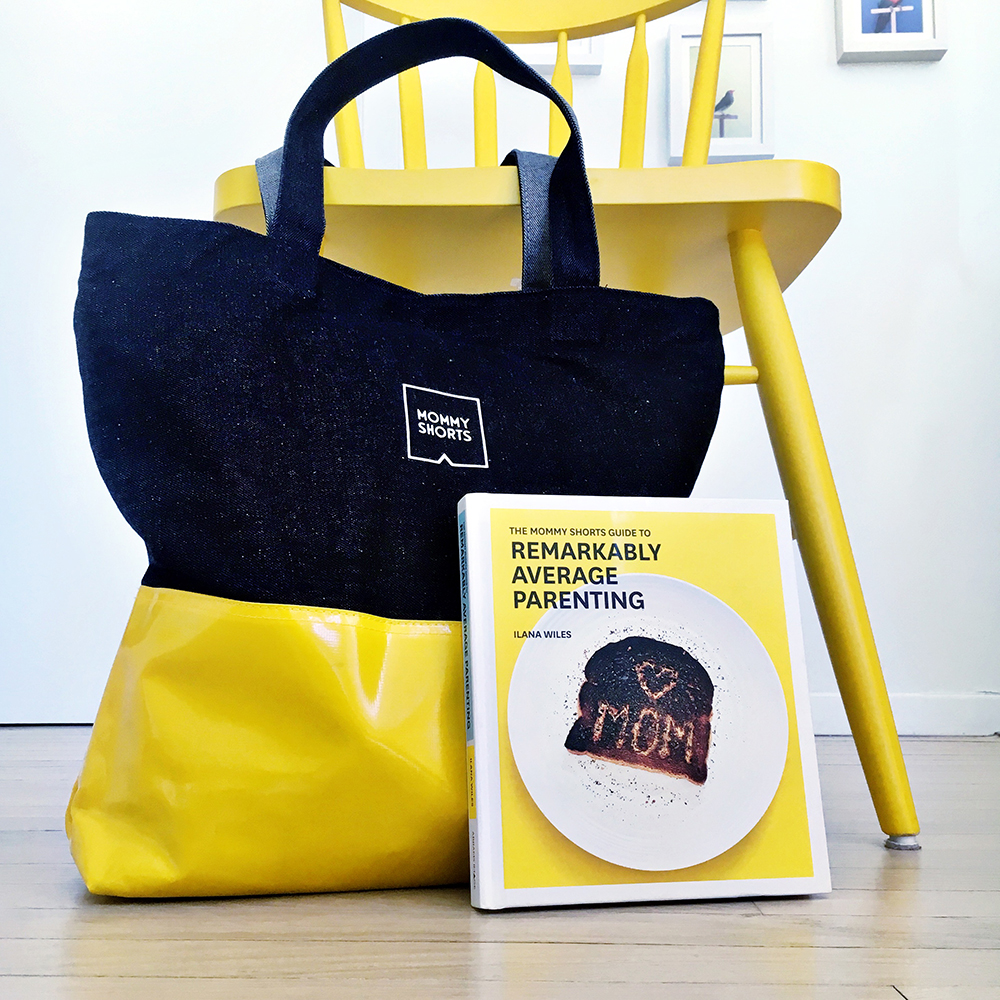Dr. B (AKA my sister) has a doctorate in school psychology specializing in early childhood development. She is gonna help us figure out what the hell to do with our babies. Also, you might want to check out the Mommy Shorts Shop because Dr. B has added some more recommended toys. Last week we learned how to work on your baby's confidence as he/she begins to go mobile by creating an obstacle course. This week we are talking Peek-a-boo. And yes, I am aware that even a parenting moron such as myself doesn't need to have peek-a-boo explained. BUT— I always thought peek-a-boo was something you did with other people's kids when you were buying time until they're actual mom got back from the bathroom. Turns out it is actually an important game for your baby's development. Dr. B also moves past the basic hands-over-face version and includes object introduction and language skills. This is not a joke, people. Dr. B is the real deal.
 Introduce at: You can start to play peek-a-boo
Introduce at: You can start to play peek-a-boo
as early as you like but the baby won't fully
comprehend the game until around 7-9 months.
How you play: Play peek-a-boo using a small
blanket to cover your baby's face or your own.
Use phrases such as "peek-a-boo" and "I found
you" as well as "Where's [baby's name]?" and
"Where's mommy (or daddy)?"… "Here I am!"
Play this game repeatedly and give the baby a
chance to pull the blanket off his/her head or your head themselves. Get more advanced by playing hide-and-seek with objects. Show your baby a favorite toy and then hide it behind your back or under a blanket (while he/she is watching you). Then encourage him/her to find it. Use the name of the object (e.g., Where's the ball?) to help your child learn the names of his/her favorite toys.
Why its good for the baby: Children develop object permanence at around 9 months, which is an important stage of cognitive development in which the baby begins to understand that objects continue to exist even when they cannot be seen, heard, or touched. These types of games help children master object permanence which in turn helps alleviate separation anxiety as they learn that even though they can't see you, you will come back.
























